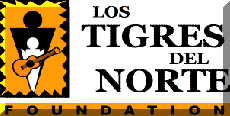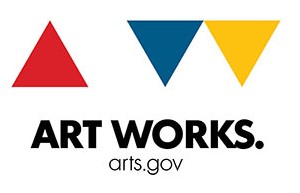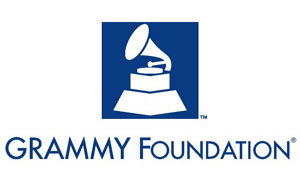Strachwitz Frontera Collection of Mexican American and Mexican Recordings
- Visit the UCLA Frontera Website. Listen to the recordings, view the record labels and album covers, read the blog, read the biographies, add to the knowledge, leave your comments – click here
- You can also view a complete searchable catalog of the Frontera Collection and listen to over 90,000 recordings on the Arhoolie Foundation website.
- Visit the Frontera Collection YouTube channel and listen to thousands of recordings from the Frontera Collection.
- Donate to the Frontera Collection. We are always looking for more recordings, particularly on 78s and 45s. We are also seeking photos, posters and biographical information regarding the musicians in this archive. If you can add to our collection, or to our knowledge about these recordings, please contact us at info@arhoolie.org.
The Arhoolie Foundation’s Strachwitz Frontera Collection of Mexican and Mexican American Recordings is the largest repository of these commercially produced vernacular recordings in existence. Although originally focused on the border music of the United State and Mexico, it now contains music from all of Latin America. The nearly 170,000 recordings in the collection were made primarily in the United States and Mexico, and were issued on 78 rpm, 45 rpm, and 33⅓ rpm (long-playing, or LP) phonograph records, cassette and some un-issued reel to reel master tapes. The earliest recording was made around 1905, and the most recent recordings were released in the 1990s. The Frontera Collection is unique because of the depth and breadth of each section, and because many of the recordings are irreplaceable. This archive was collected by Chris Strachwitz over the past 60 years. He has donated the entire collection along with thousands of photographs and other related material to the Arhoolie Foundation.
Many types of popular songs are represented in the performances, which include the first recordings of corridos (narrative ballads on topics of the day), canciones, boleros, rancheras, and sones. There are also many types of instrumental music, including the first recordings of norteño and conjunto music. The artists who made these records helped propagate and popularize a number of traditional regional styles, such as the Tejano music of South Texas, providing the foundation for the Latino music of today. In addition, the collection includes spoken performances such as patriotic speeches and comedy skits. Many of the recordings are one of a kind because the companies that made them no longer exist or, if the companies do exist, the masters were lost or destroyed.
The Frontera Collection Digitizing Project is a collaboration between The Arhoolie Foundation, the University of California at Los Angeles’ Chicano Studies Research Center, and the UCLA Library. The Arhoolie Foundation has digitized over 140,000 recordings of Mexican American and Mexican music from 78s, 45s, cassettes, LPs, and reel to reel tapes. We have scanned the labels, album graphics, and notes, and added searchable keywords related to the subject matter of the recordings. The UCLA Chicano Studies Research Center and UCLA Library have put this material online on their Frontera website. You can search and listen to the recordings, read blogs about the music, leave comments, and add knowledge.
The Digitization Project
Digitization of the Strachwitz Frontera Collection began on October 15, 2001, at the Arhoolie Foundation’s facilities in El Cerrito, California. The production team, led by Arhoolie Foundation board members Tom Diamant and Chris Strachwitz and sound engineer Antonio Cuellar, first cataloged the entire collection. Then began the highly technical process of transferring the recordings to digital format, using specialized equipment. The digitization of the first section of the collection was sponsored by the UCLA Chicano Studies Research Center through a grant from its Los Tigres del Norte Fund.
As of January 2019, over 140,000 recordings have been digitized and placed on the Strachwitz Frontera Collection website, which is hosted by the UCLA Library. Scanned images of labels and album graphics accompany the recordings, and keywords have been established for subject-matter searches. Full access to these primary source materials is currently available only to UCLA students, faculty, and staff; others may view the labels and listen to a portion of each recording (however you can listen to over 33,000 recordings from the 78s on our YouTube channel) . The digital archive enables wide-ranging research in Mexican and Mexican American culture and ensures that the lyrics, music, and tales in the Strachwitz Frontera Collection will be available to scholars and the public for generations to come.





